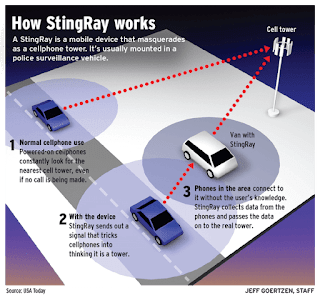DES MOINES, Iowa (April 18, 2017) – Yesterday, the Iowa Senate gave final approval to a bill that would set the foundation to nullify in practice some Food and Drug Administration (FDA) rules that deny access to experimental treatments by terminally ill patients.
The Senate Commerce Committee introduced Senate Bill 404 (SF404) on March 1. The legislation would enable terminally ill patients to access medications and treatments not yet given final approval for use by the FDA.
The Federal Food, Drug, and Cosmetic Act prohibits general access to experimental drugs. However, under the expanded access provision of the Federal Food, Drug, and Cosmetic Act, 21 U.S.C. 360bbb, patients with serious or immediately life-threatening diseases may access experimental drugs after receiving express FDA approval.
SF404 creates a process to bypass the FDA expanded access program and would allow patients to obtain experimental drugs from manufacturers without first obtaining FDA approval. This procedure directly conflicts with the federal expanded access program and sets the stage to nullify it in practice.
On April 10, the House passed SF404 by a 96-0 vote. It previously passed the Senate 49-0. The House version included an amendment stipulating the bill does not authorize assisted suicide. The Senate concurred with the House amendment yesterday 49-0. The bill now heads to Gov. Terry Branstad’s desk for his consideration.
The proposed law provides legal protection for health care providers, with a prohibition against revoking a license or issuing sanctions based on recommendation or issuance of investigational treatments. SF404 provides similar protections for the manufacturers of investigation drugs and treatments.
The legislation would completely bar the state from interfering with such experimental treatments.
An official, employee, or agent of this state shall not block or attempt to block an eligible patient’s access to an investigational drug, biological product, or device. Counseling, advice, or a recommendation consistent with medical standards of care from a licensed physician is not a violation of this section.
Currently, 33 states have Right to Try laws on the books. Although these laws only address one small aspect of FDA regulation, they provide a clear model that demonstrates how to nullify federal statutes that violate the Constitution. The strategy narrows the influence of nullification to limited aspects of the law itself, which has proven to be very effective.
“Americans shouldn’t have to ask the government for permission to try to save their own lives,” said Darcy Olsen, president of the Goldwater Institute. “They should be able to work with their doctors directly to decide what potentially life-saving treatments they are willing to try. This is exactly what Right To Try does.”
The Right to Try Act is a no-brainer. When someone is on their deathbed, the fact that FDA regulations would let them die rather than try, has got to be one of the most inhumane policies of the federal government. Every state should take action to nullify the FDA like this.
WHAT’S NEXT
Gov. Branstad will have 3 days (except Sunday) from the transmittal date to sign or veto SF404. If he takes no action, the bill will become law without his signature. If you live in Iowa, contact the governor and urge him to sign SF404. You can find contact information HERE.






